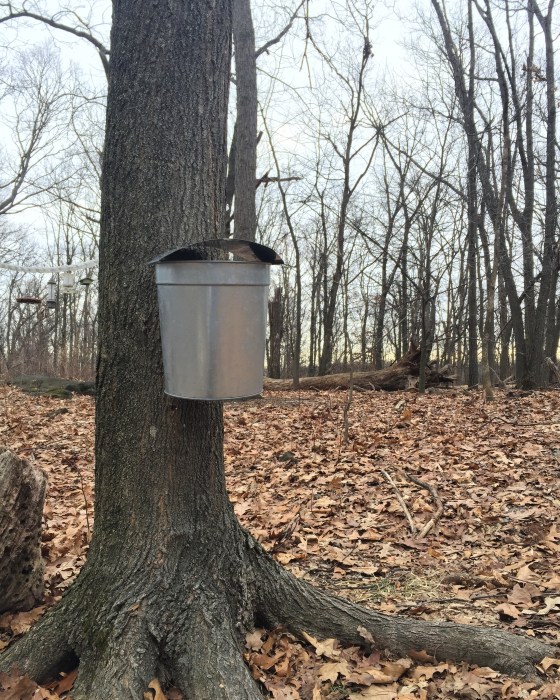
Start gearing up now for summer camp plans to guarantee kids attend the camps they prefer.
Summer camp season is just around the corner. According to the American Camp Association, each year more than 14 million children and adults in the United States attend camp, where they will learn new skills or master ones they already have. Attending a summer camp assures parents that their children will be spending valuable leisure time being active—something that has become more and more of a challenge in this generation. They will also establish lasting friendships while enjoying a healthy, active and productive summer.
America is home to more than 14,000 day and resident camps (8,400 are overnight camps and 5,600 are day camps). There are camps themed around just about any interest, including sports, music, religion and many academic subjects.
Many people put off summer camp planning until it is too late. Parents should keep in mind that camps begin registration early in the year and have specific cut-off dates for enrollment. Parents who want to beat the crowds this year can use this guide to help plan a summer camp agenda.
· Attend an orientation seminar. Take the time to visit prospective camps for a tour, and use this open house as an opportunity to learn more about the programs offered. If available, find a camp employee to discuss your child’s eligibility for enrollment. Some camps may offer webinars for convenience.
· Fill out the enrollment package completely. Each camp has their own requirements for registration. Expect to submit some personal information, including a medical background and proof of insurance, names and numbers of emergency contacts, and any other pertinent information as it applies to the camper. This may include allergies, fears, physical or mental disabilities, or even preferences in camp courses.
· Establish payment schedules. Summer camps vary in price. The ACA says camp costs range from $100 to more than $1,500 per week. However, many accredited camps offer some sort of financial assistance for children from families with limited financial means. If cost is a factor, be sure to broach the subject.
· Prepare children for the physical challenges a camp may present. Summer camp activities may be rigorous, and campers may need to be cleared by a physician before starting. Be sure to schedule your child a physical checkup and bring along any pertinent forms. Children also can increase their levels of physical activity compared to the often-sedentary nature of winter. Such preparation can prevent injuries when engaging in outdoor and physical activities.
· Shop for supplies. Camps are likely to provide a list of requirements with regard to clothing and other equipment campers will need. If your child will be attending sleepaway camp, find out how often laundry is done so you can make sure they have enough clothing and swimsuits to last between laundry days. Shop with them for sneakers and other camp necessities so they are comfortable with their belongings before they leave.
· Keep children in the loop. Engage children in the planning process to help alleviate their fears and get them excited about summer camp. Review the camp’s list of activities and itinerary to prepare them for the pace of the day. If there is a choice in activities, discuss preferences with your child.
Summer camp can foster lifelong memories. Parents can help kids prepare in advance for the fun that’s soon to arrive.

Read Next | This Is Everything You Need to Find an Amazing Summer Camp Program in Staten Island






